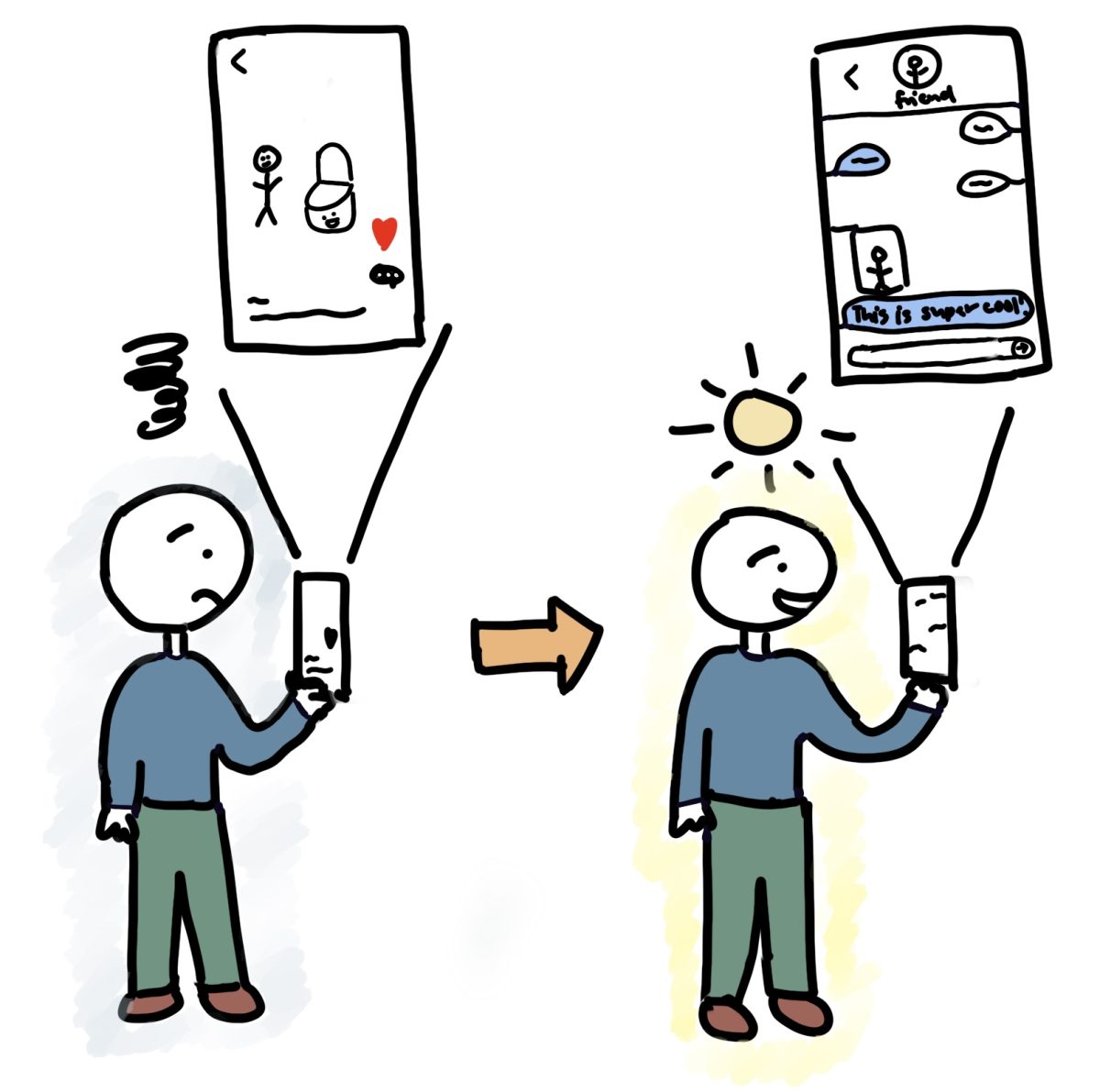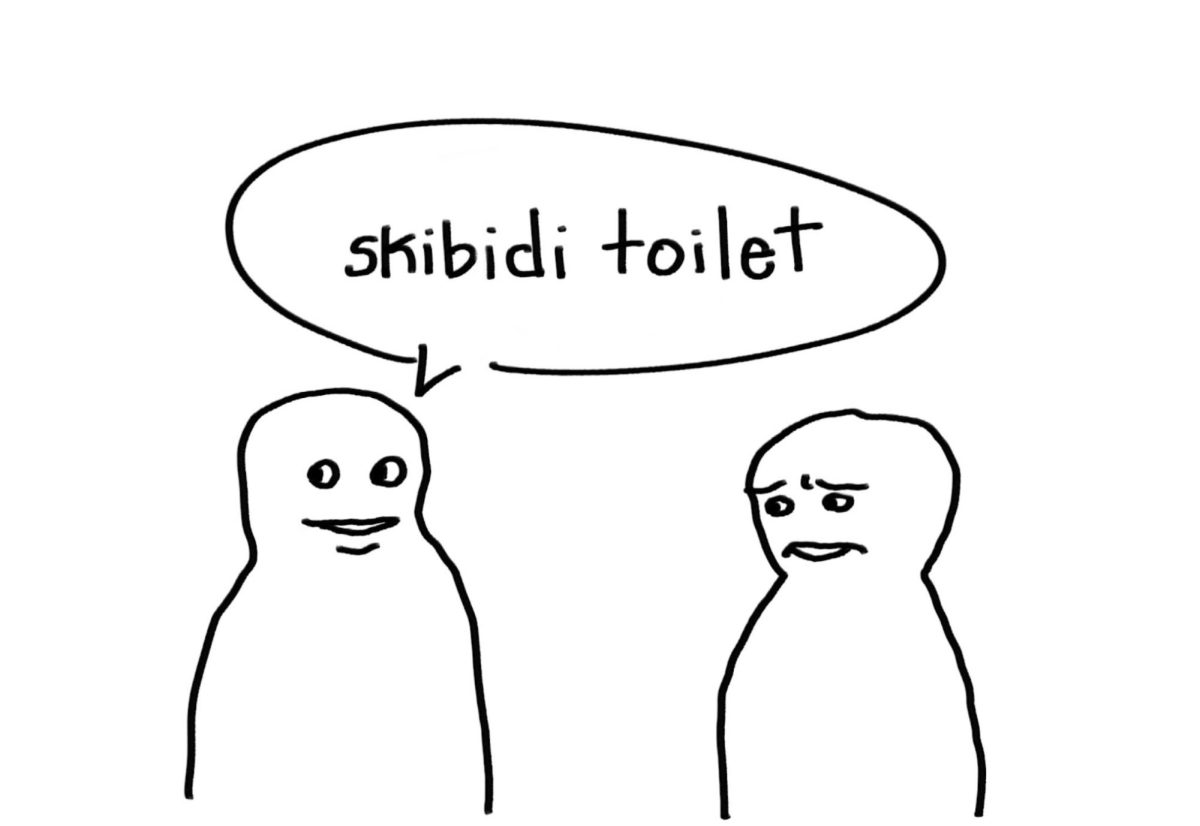By Kara Kupferberg
Great Neck. Cambridge. Atlanta. In the past year, the media has highlighted a series of major cheating scandals in these cities. High school and Ivy League students, teachers and administrators — all caught actively cheating. As these scandals shock the nation, academic institutions across the board struggle to promote academic integrity in the wake of a cheating epidemic.
The societal focus on grades over genuine learning inevitably influences student behavior. At South, we face less dramatic issues: copying math homework, stealing from SparkNotes, or failing to cite in a research paper. Clicking copy and paste may seem harmless, but each time you hit command-v, you contribute to a broader culture of low academic integrity. We must address this issue by affirmatively teaching the value of ethics.
Teachers’ responses to this issue vary. Some avoid it by focusing on in-class assignments; others have stopped giving credit for homework all together, and many just address it on a case-by-case basis when work seems suspicious. Some teachers turn to TurnItIn.com, a program that analyzes the originality of work by comparing it against other sources. While these solutions may act as deterrents and identify offenders, they do not solve the underlying problem.
Unfortunately, the line between cheating and collaborating is often blurred. Can I discuss the homework questions? Can I ask someone to explain a math problem? We must be careful to protect the value of collaboration. Many instances of plagiarism result from ignorance, not malice. Often, the only conversation about plagiarism occurs while reviewing the course expectations sheet, the topic not resurfacing until a teacher confronts a student about plagiarism.
Last year, the Shared Decision Making Committee created a chart to help clarify what is and what is not plagiarism. With this conscious effort by teachers to define plagiarism, it is up to students to make ethical decisions.
There is no single solution, but there are many things we can do. Students should try to discuss overwhelming workloads and figure out alternative solutions to plagiarism. We must learn how to maturely cope in difficult situations without lapsing into unethical behavior.
We must consciously prioritize ethics over grades. It is not a simple lesson; it is a continual shift in focus from acheiving the grade to understanding the value of integrity. If we do not lay the foundation for ethical behavior in high school, we cannot expect students to grow into ethical adults.
Categories:
Beware of The Copy And Paste
October 1, 2013
0
Tags:
More to Discover












